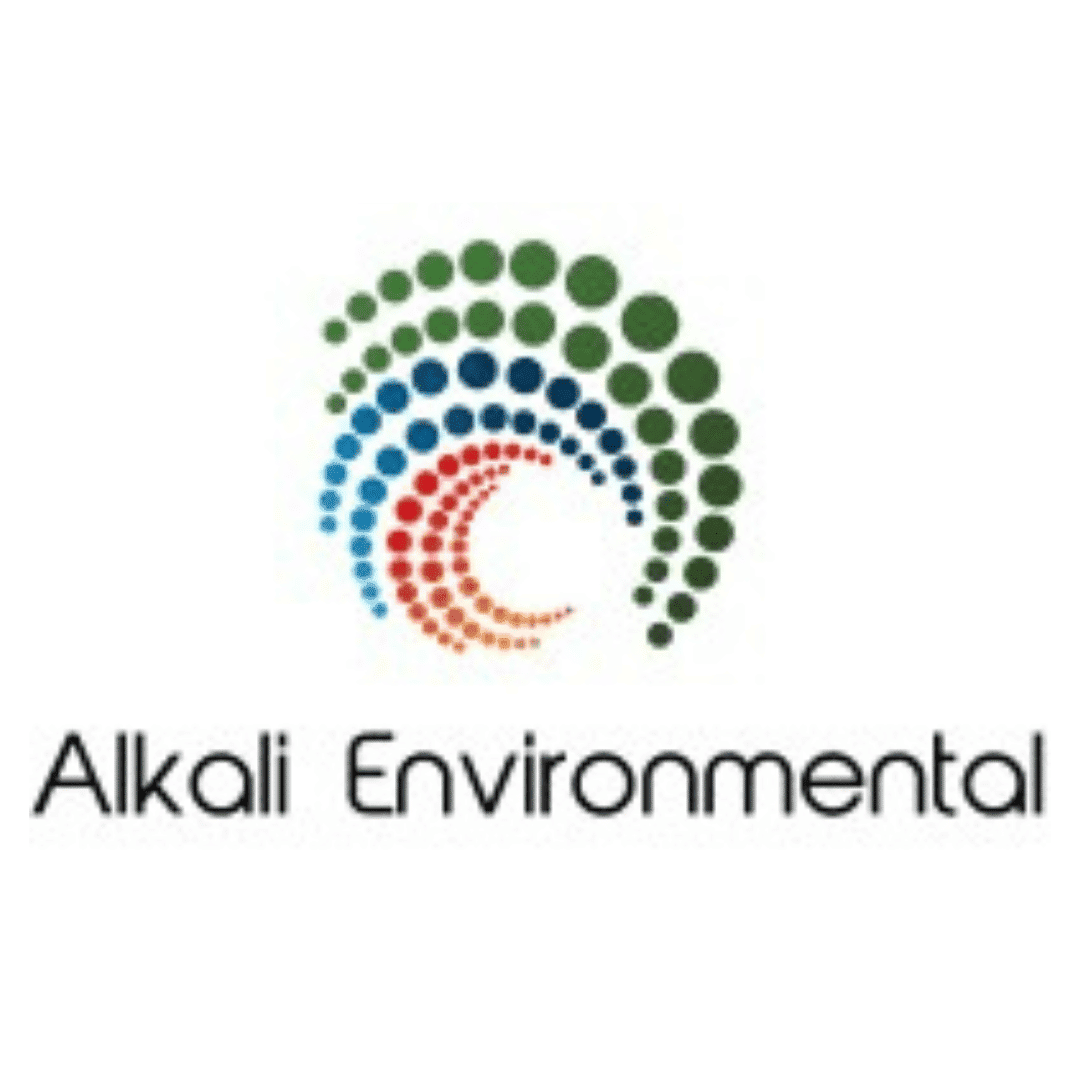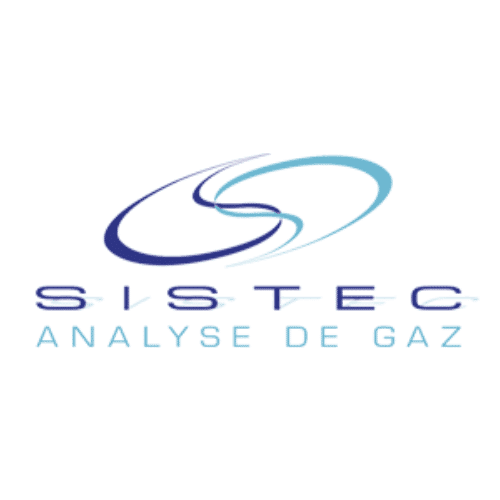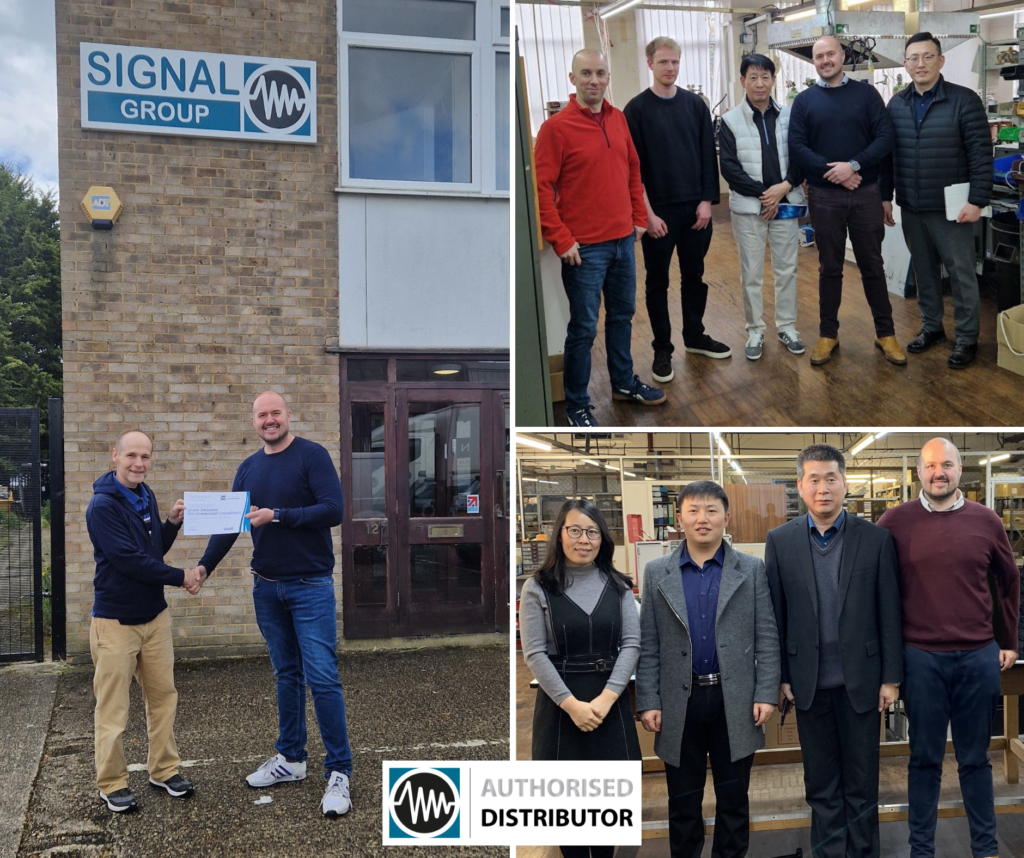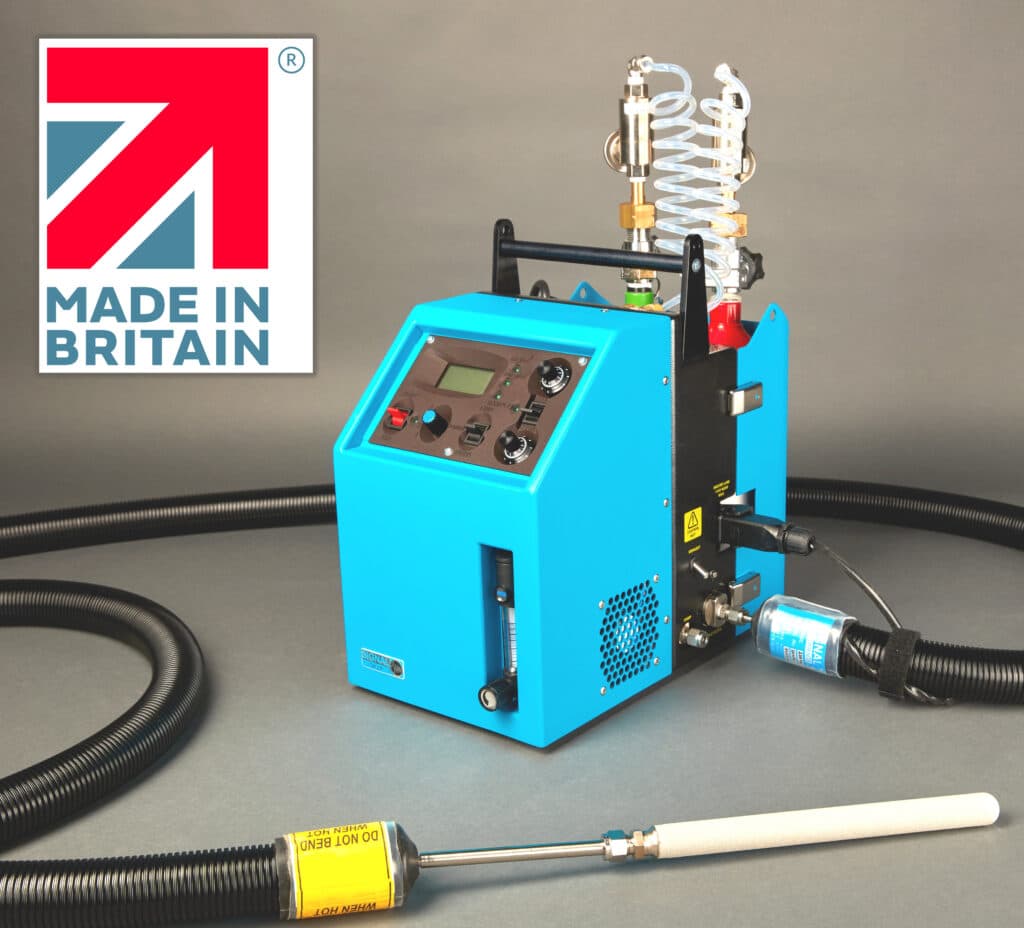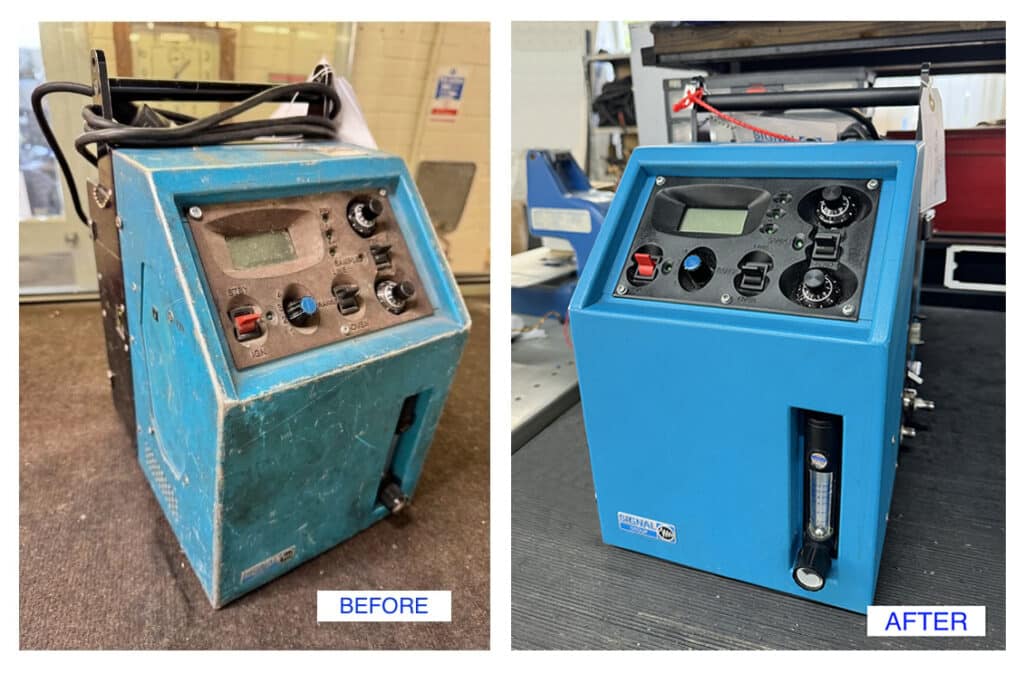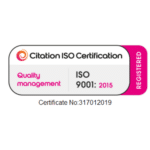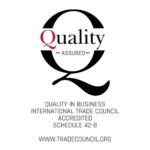Following several abortive attempts to monitor potentially hazardous methane gas in a boiler’s emissions feeding a pilot carbon capture unit at a natural gas combustion plant in southern Arkansas, engineers from Aqualung Carbon Capture contacted Signal Group (UK) looking for a solution.
Aqualung is trialling its novel carbon capture technology on a generic gas-fired boiler, and for safety reasons it is necessary to continuously check for non-combusted hydrocarbons in the boiler’s emissions. Measurement data are continuously fed to the on-site PLC, and the plant would be automatically shut down if unacceptable levels of hydrocarbons are found in the exhaust. Potential causes would be the boiler’s flame failing or the boiler management system failing to shut-off the fuel gas.
“We trialled a number of gas detection solutions, but they all failed,” explains Aqualung’s project manager Jonathan Garbett. “This represented an important challenge because the project could not proceed without gas safety detection in place, so there was an urgent requirement to find a reliable solution. During our research, we came across an article which described Signal’s gas analysis expertise, so we visited their facilities in Camberley near London.
“During our visit, we explained the situation to Signal’s MD, James Clements, who said that there were two possible sources of error. Either the analysers that we had tried were unable to handle the conditions, and/or the sample handling method was inadequate.
“It transpired that the measurement of combustion emissions is a particular speciality of Signal’s, so they recommended a complete sample handling and analysis system, and given the urgency of our requirement, we decided to rent the equipment immediately.”
Carbon capture on a gas-fired boiler
The pilot plant is designed to evaluate Aqualung’s carbon capture technology, and was built by a partnership between Aqualung Carbon Capture, Standard Lithium, a technology and lithium project development company, and Mission Creek Resources, the owner and operator of the natural gas processing site.
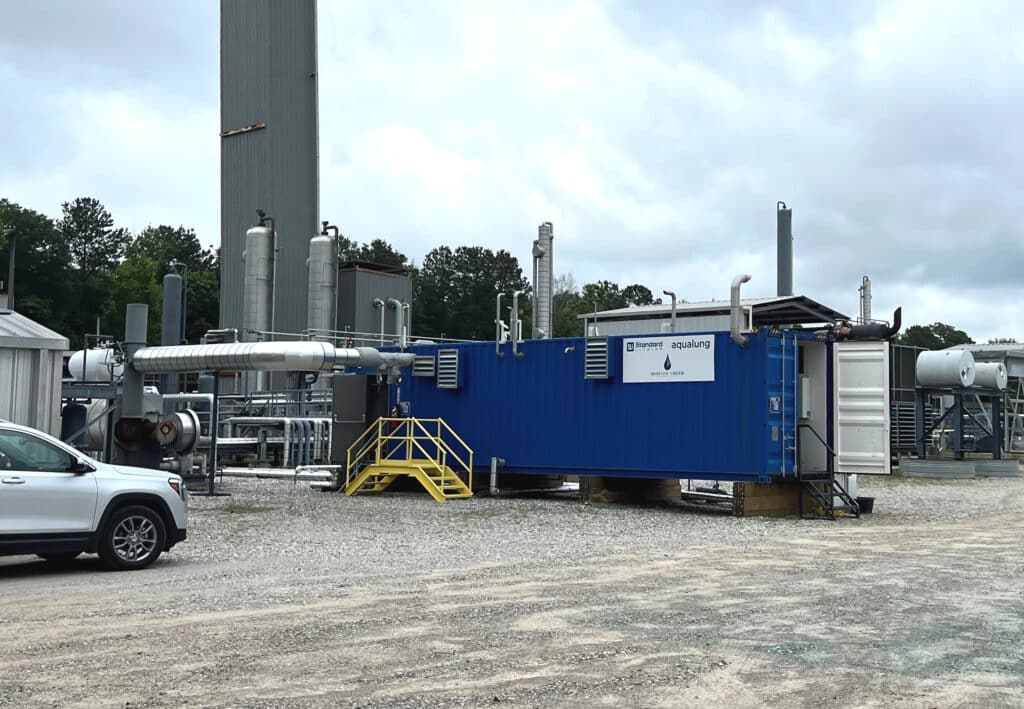
Standard Lithium is investigating the potential of Aqualung’s carbon capture technology as it seeks to build on its strategy for sustainable development; focusing on minimising all CO2 emissions that may result from its future operations and related supply-chain activities. The company has also identified several areas where CO2-rich gas streams may be used to optimise its process and reduce reagent costs, as well as potentially sequestering CO2.
In a 2021 Standard Lithium press release, President and COO Dr Andy Robinson said: “We are very pleased to be working in partnership with Aqualung and Mission Creek on this exciting project; the future of the lithium industry rests on being able to produce sustainable battery-quality chemicals with the lowest carbon footprint. We feel that successful proof of this carbon capture technology in southern Arkansas may demonstrate another important technological step towards making the Gulf Coast region an industry-leading producer of sustainable lithium chemicals.”
Unique carbon capture technology
Global urgency to reduce greenhouse gas (GHG) emissions, whilst maintaining vital infrastructure and energy resources, means that there is an enormous demand for technologies that can capture GHGs such as CO2. As a leader in membrane carbon capture, Aqualung is seeking to accelerate the decarbonisation of heavy industry and transport.
Explaining the advantages of Aqualung’s membrane technology, Jonathan Garbett says: “Traditional carbon capture techniques such as absorption with amines are relatively expensive, with a requirement for amine, heat and a steady stream, so they are only used commercially in larger applications. In contrast, our patented membrane technology requires less power and works well on smaller, de-centralised plants. No raw material, such as monoethanolamine, is required, and we are able to handle lower CO2 concentrations. However, the product is completely scalable so it can be applied in a wide variety of applications.
“Many of the advantages of our technology are derived from the unique characteristics of the membrane and the selectivity of the nano-film coating Aqualung applies which provides a constantly renewable carbon capture capability.”
Membranes are simple systems, analogous to filtration, which enable gases like CO2 to permeate much faster and in larger quantities than other gases such as N2, O2 and CH4, due to the nature of the separation material. Aqualung membranes are in dynamic equilibrium, using the partial pressure differential across two sides of the membrane to constantly separate the gases from one side to the other. Aqualung’s membrane also encompasses CO2-reactive groups and mobile carriers which provide facilitated transport.
Reliable gas measurements
The gas analysis equipment from Signal Group was initially rented for a few weeks. “The system worked very well, with no problems at all,” explains Jonathan Garbett. “We therefore purchased the equipment in late August 2023, and look forward to demonstrating the unique advantages of our technology, and working with our partners to optimise both carbon capture and CO2 utilisation.”
Signal’s gas analysis system included an S4 SOLAR heated FID VOC analyser with a heated line and model 346 front-end filter. In most countries, FID (flame ionisation detection) is the standard reference method for the measurement of total hydrocarbons, and the sampling handling system is designed to ensure that the sample being delivered to the analyser is truly representative of the emissions, with no possibility of condensation in the sample line, or the analyser.
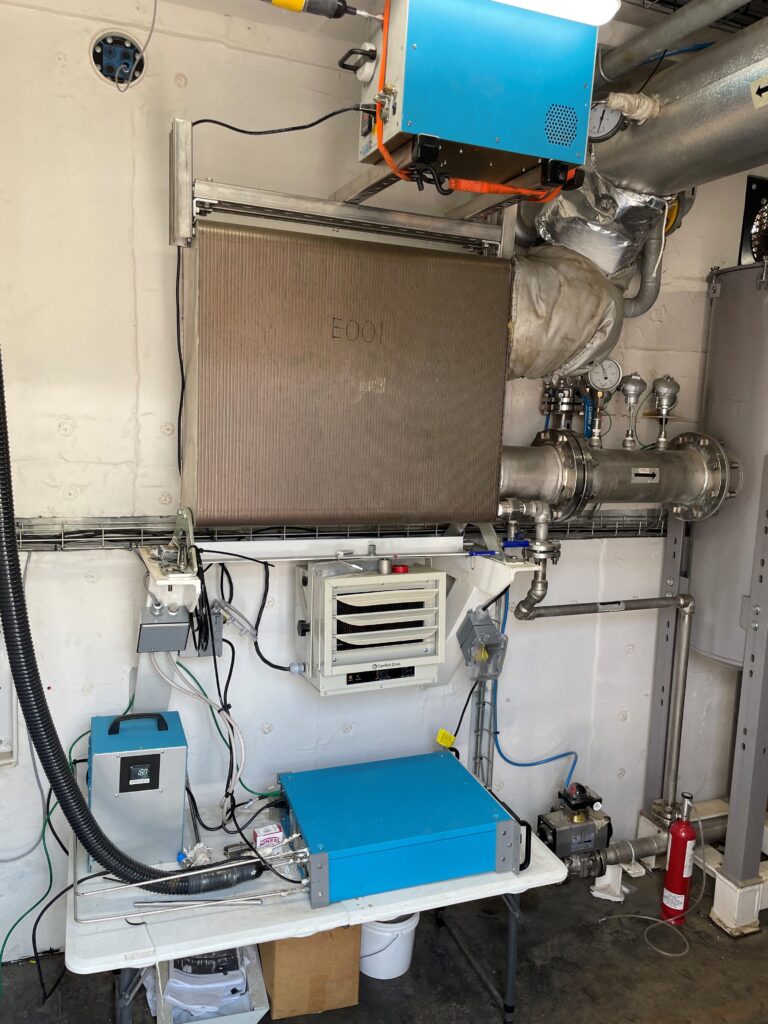
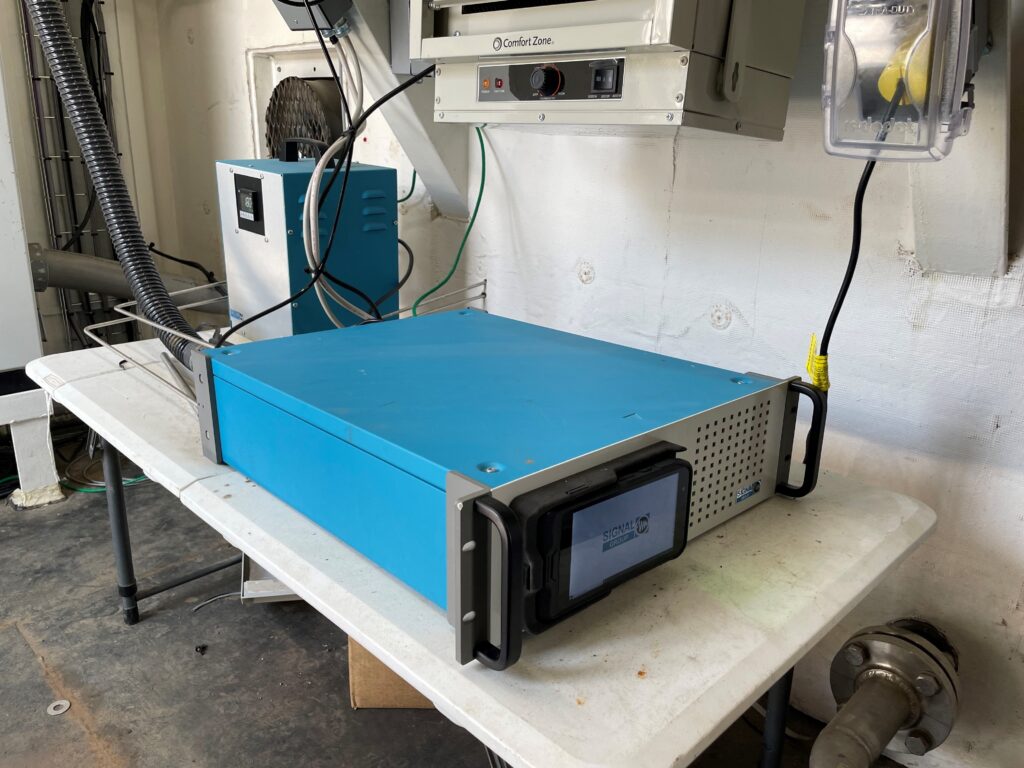
Expressing his enthusiasm for this project, James Clements says: “This is an ideal application for our equipment, and we were pleased to learn that our gas analysis equipment had enabled the project to proceed. However, it was particularly gratifying to be able to make a significant contribution to a project which is seeking to not just capture CO2, but to also utilise a local sink for the captured gas in the battery metal industry, which itself is helping to decarbonise transportation globally. This project is a great example of a win/win in the battle against climate change.”
Contact our sales team to discuss how our gas analysers can be the solution for your next project – sales@signal-group.com

